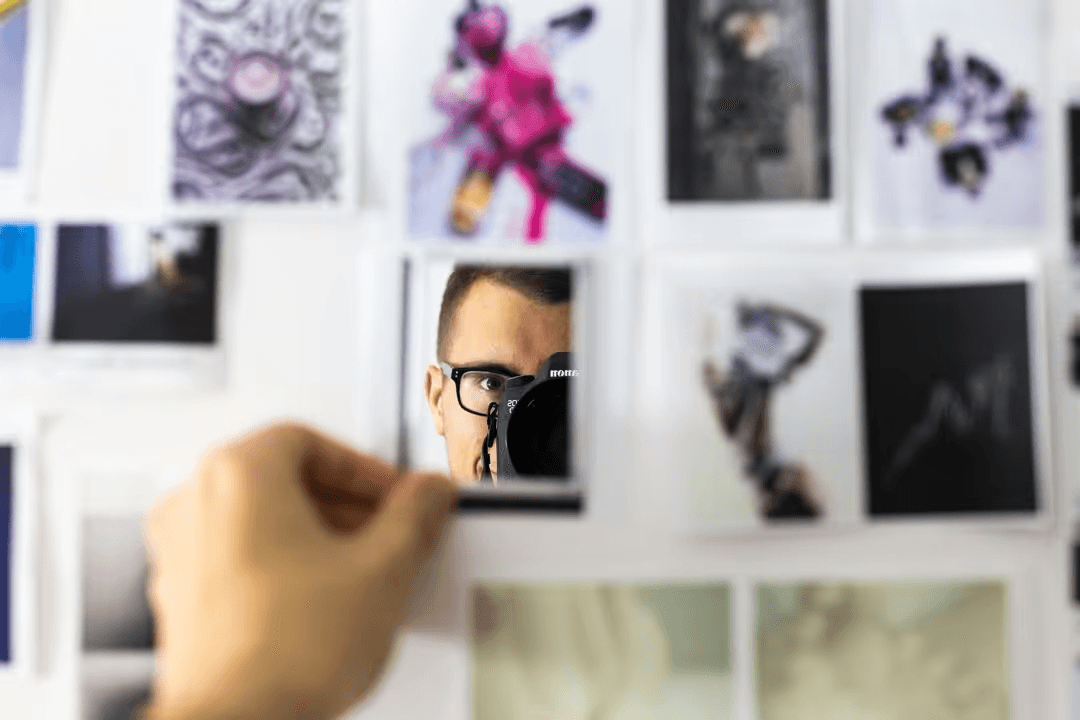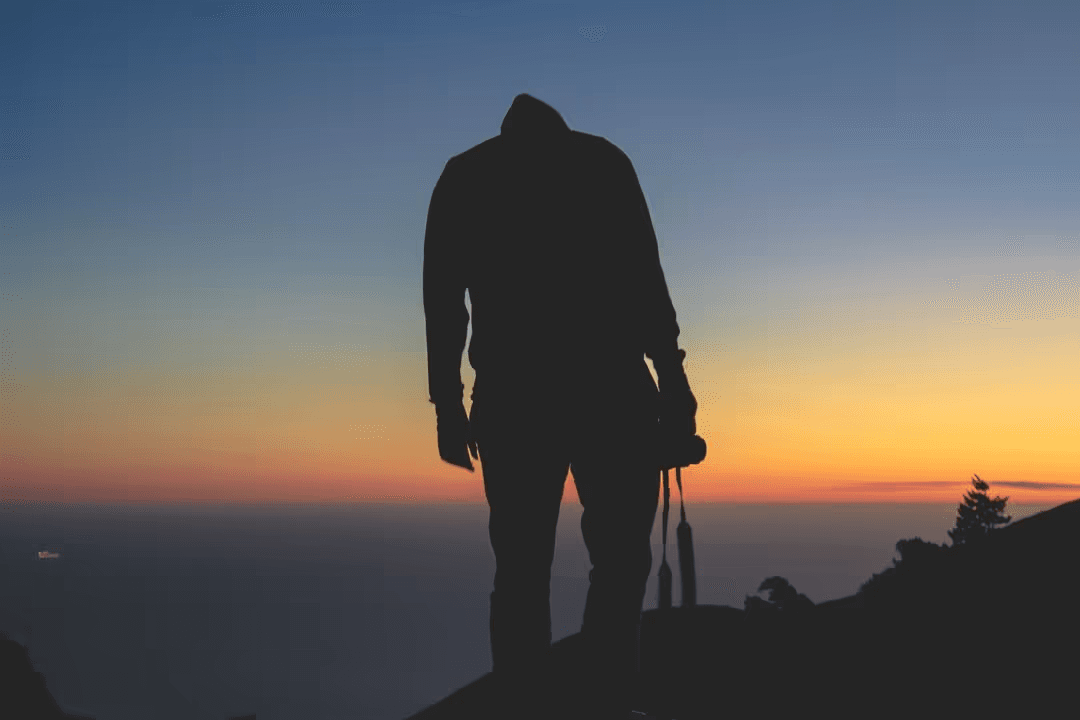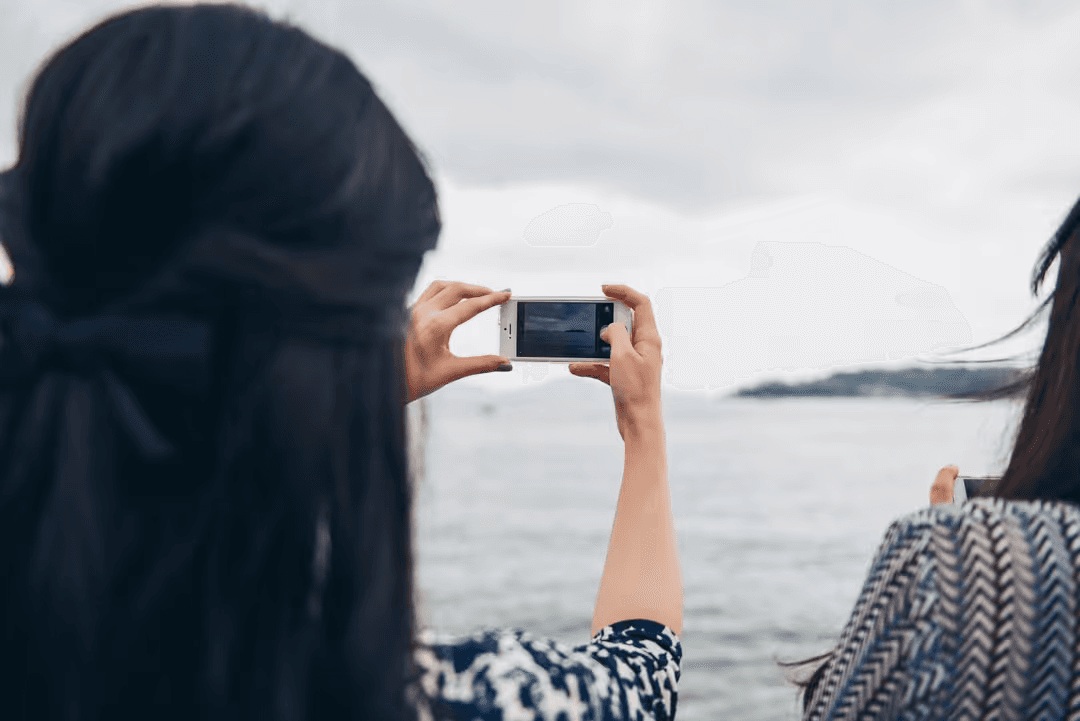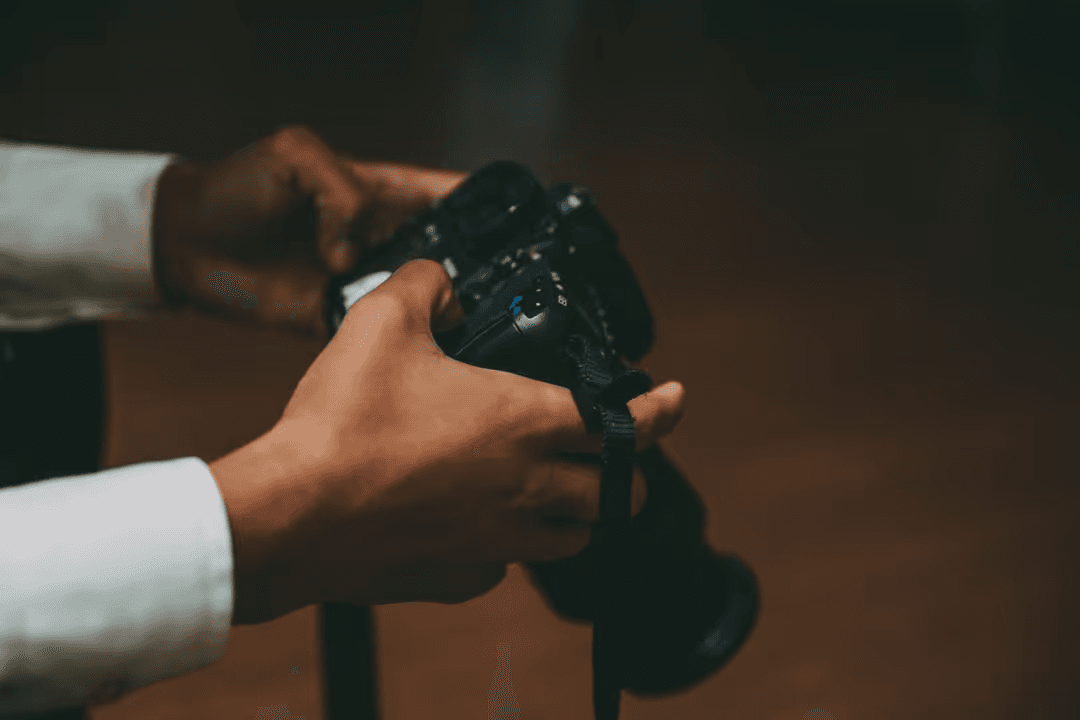Photography Copyright law can be the bane of many businesses. If you’re not careful, copyright infringement can cost your business thousands. To make matters worse, breaking copyright laws is remarkably easy.
Photographers publish thousands of images on dozens of platforms on a regular basis. Finding these images is often very easy. But finding an image on Google doesn’t mean you may freely use it. Sometimes, using photography that’s protected by photo copyright can cost you up to $250,000! Some content creator use those laws to scam people, you have to be careful and know how protect yourself.
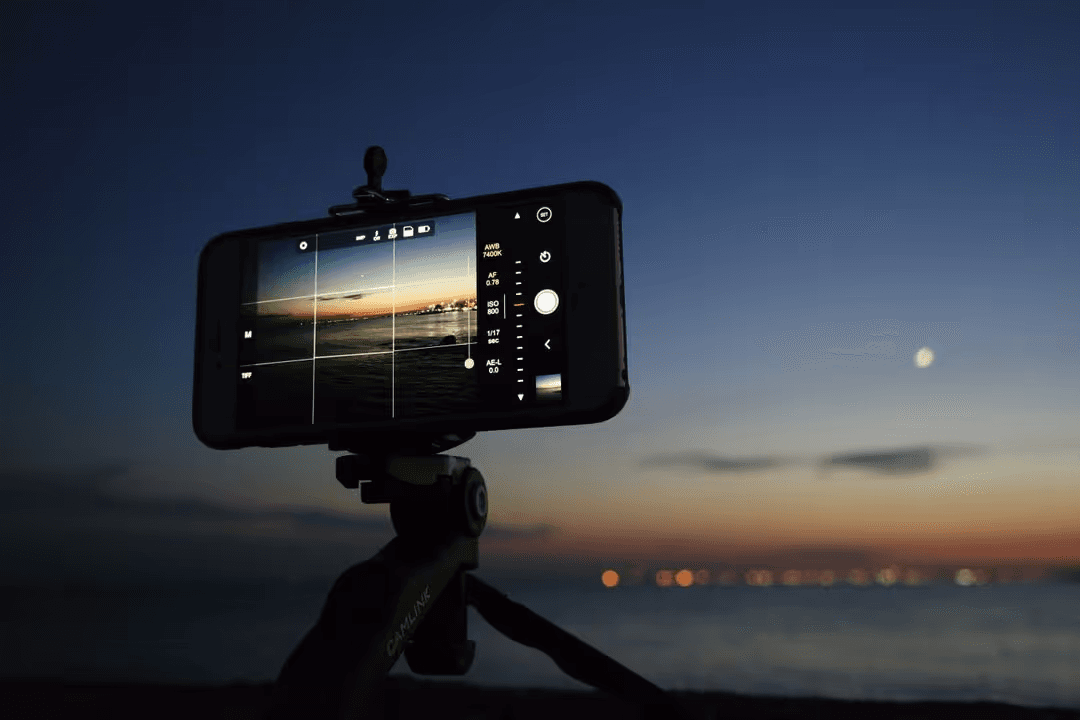
Regardless of who the owner of the copyrighted photography is, the owner may pursue a copyright infringement case under some circumstances.
You don’t need to register your photography before an infringement of your copyright takes place to be able to pursue a lawsuit. But registering your photo copyright before anyone has the chance to infringe on it offers better protection.



